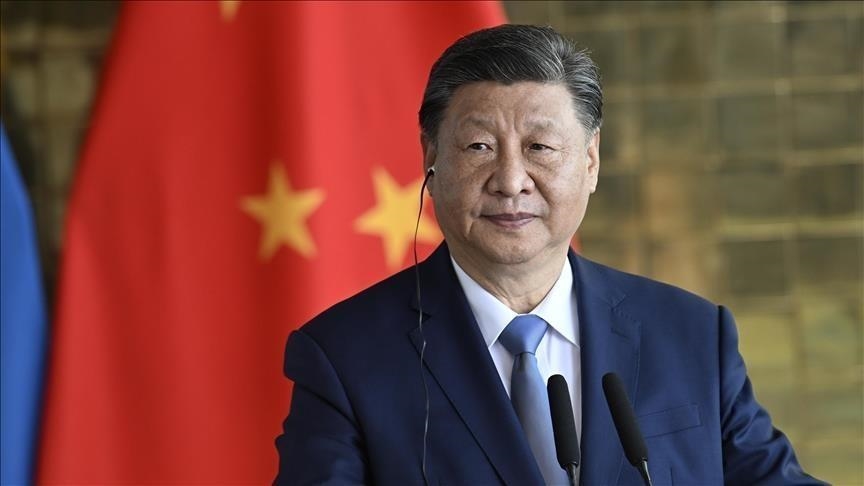China and Russia have taken a decisive step in reshaping global energy markets with the signing of a landmark 30-year gas supply agreement. The deal, sealed during a trilateral summit that included Mongolia’s president, establishes a new pipeline route through Mongolian territory and cements Moscow’s eastward energy pivot in the face of prolonged Western sanctions.
The Strategic Pipeline
Under the agreement, Gazprom will deliver 50 billion cubic meters of natural gas annually to China, creating one of the largest cross-border energy supply lines in the world. For Beijing, the pipeline guarantees long-term energy security at a time when its industrial expansion and population demands continue to drive consumption. For Moscow, it represents a durable alternative to European markets that have been closing their doors to Russian commodities since the invasion of Ukraine.
Moscow’s Pivot Away from Europe
Once heavily reliant on European buyers, Russia has been steadily redirecting its energy flows eastward. The collapse of the Nord Stream pipelines and successive waves of EU sanctions left Moscow with few alternatives. This agreement with Beijing—combined with earlier projects like the “Power of Siberia” pipeline—signals that Russia is not merely seeking short-term relief, but is strategically repositioning itself as a long-term supplier to Asia.
Beijing’s Calculated Dependence
For China, the deal reflects a careful balancing act. By deepening energy ties with Russia, Beijing secures favorable terms and a stable supply, while simultaneously diversifying away from maritime shipping routes vulnerable to geopolitical tensions in the South China Sea and Indian Ocean. However, such dependence also risks binding China’s energy security to Moscow’s political volatility, making Beijing increasingly invested in Russia’s global stability.
Implications for Global Energy Dynamics
The agreement carries profound implications for global energy markets. Europe, once Russia’s largest customer, is now forced to accelerate diversification toward renewables, LNG imports, and new suppliers in the Middle East and Africa. Meanwhile, Asia—led by China—tightens its grip on pipeline gas contracts, reshaping the geography of global energy flows.
A Strategic Alliance Beyond Energy
Beyond economics, the deal is a symbol of deepening political alignment between Moscow and Beijing. As both powers face intensifying pressure from Washington and its allies, the pipeline becomes more than an energy corridor—it is a strategic artery binding the fortunes of two major powers.
Conclusion
The China–Russia gas deal is not just a commercial contract; it is a geopolitical statement. By linking their energy destinies for the next three decades, Moscow and Beijing are signaling a shared vision of an alternative global order—one that reduces Western leverage and strengthens the Eurasian axis of power.



